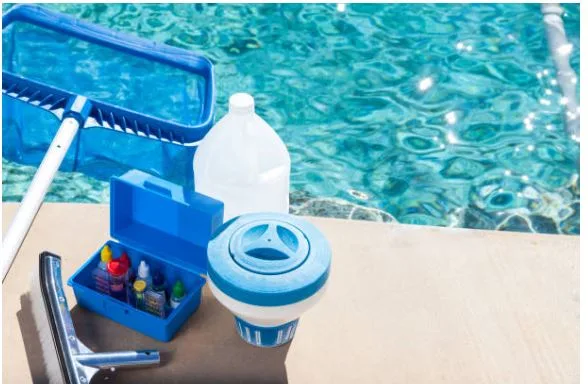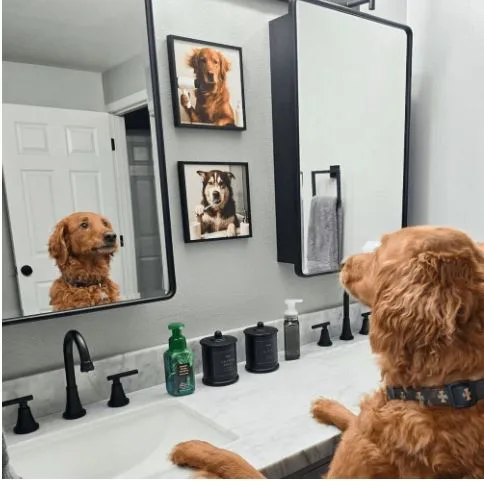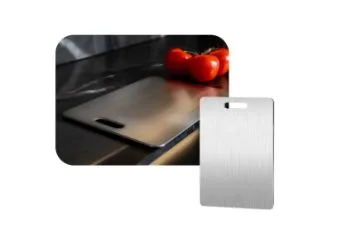How Pool Cleaning Helps Your Equipment Last Longer
Owning a swimming pool is one of the best ways to relax and enjoy your home. However, keeping that pool clean and running smoothly takes more than just skimming leaves or adding chlorine now and then. Regular pool cleaning is not only about keeping the water sparkling—it’s also about protecting the equipment that keeps your pool working efficiently. When you invest time or hire professionals for regular maintenance, you help your pumps, filters, and heaters last longer and perform better.
Why Pool Cleaning Matters
A swimming pool is a complete system made up of pumps, filters, heaters, and plumbing that all work together. When the pool isn’t cleaned regularly, dirt, debris, and unbalanced water can harm these parts. Over time, that leads to clogs, corrosion, and unnecessary strain on the equipment. This doesn’t just shorten the lifespan of your pool system but also increases your electricity bills and repair costs.
Consistent pool cleaning prevents these problems. Whether you do it yourself or rely on a professional service, regular care ensures everything stays clean, balanced, and efficient.
Balanced Water Means Healthier Equipment
One of the most important parts of pool cleaning is maintaining the right water chemistry. When the pH levels are too low, the water becomes acidic and can damage metal parts like pump seals, filter housings, and heater components. When the pH is too high, calcium deposits form, leading to scale buildup that restricts water flow and reduces efficiency.
Chlorine levels are equally important. Too much chlorine can wear down your pool surfaces and parts, while too little allows algae and bacteria to grow, which clog filters and pumps. Regular water testing and balancing help prevent all these issues. By keeping your water chemistry in the ideal range, you protect both your pool and its equipment from unnecessary damage.
The Role of Filters in Equipment Longevity
Your pool’s filter works tirelessly to trap dirt, oils, and other debris that enter the water. But when the filter gets clogged or dirty, it forces the pump to work harder, leading to more energy use and faster wear. Cleaning or replacing filters regularly is one of the easiest ways to extend your equipment’s life.
Professional pool cleaning services make sure filters are checked and cleaned often—whether they are sand, cartridge, or DE (diatomaceous earth) filters. A clean filter helps maintain steady water flow and keeps the entire circulation system working smoothly, reducing the strain on other equipment.
Protecting the Pool Pump
The pump is the heart of your pool system—it keeps water circulating through the filter and heater. If debris builds up or if the water chemistry isn’t right, your pump has to work much harder. This can cause seals to fail, bearings to wear out, and motors to overheat. All of these problems lead to expensive repairs or replacements.
With regular pool cleaning, debris is removed from skimmers, plumbing, and the water itself, preventing blockages and reducing pump stress. As a result, the pump runs more efficiently, uses less energy, and lasts much longer.
Extending the Life of Pool Heaters
Pool heaters are one of the most expensive components to replace, so keeping them in good condition is essential. Poor water quality is a common reason heaters fail early. Scale buildup from high pH or calcium levels restricts water flow and makes heaters work harder, while corrosion from low pH eats away at metal parts inside the heater.
Routine pool cleaning and chemical balancing prevent these problems. Regular inspections by professionals can also catch small issues before they turn into major repairs. This helps your heater run efficiently, saves energy, and extends your swimming season.
Spotting Small Problems Early
Another advantage of regular pool cleaning is early problem detection. Skilled technicians or attentive homeowners can notice small leaks, unusual noises, or reduced water flow before they become serious. Fixing minor issues early can prevent expensive equipment failures later on.
For example, a small leak might seem harmless, but if ignored, it could lead to a burnt-out pump or damaged heater. Routine inspections during cleaning visits help catch these signs early, saving both time and money.
Saving Money Through Proper Maintenance
Replacing pool equipment like pumps, heaters, and filters can cost thousands of dollars. By maintaining a regular pool cleaning schedule, you extend the life of these systems and avoid frequent replacements.
For instance:
- A well-maintained pool pump can last 8–12 years.
- A properly cared-for heater can run efficiently for 10 years or more.
- Filters last longer and perform better when cleaned regularly.
When you think about the long-term savings, regular maintenance is much more affordable than major repairs or replacements.
Enjoy a Cleaner, Longer-Lasting Pool
In the end, pool cleaning is about more than just appearance—it’s about protecting your investment. Clean water, balanced chemistry, and properly maintained equipment mean fewer headaches, fewer costs, and more time to enjoy your pool.
By keeping up with regular cleaning, you can relax knowing your pool is safe, efficient, and built to last. Whether you handle the job yourself or hire professionals, proper care ensures your pool remains a source of fun, not frustration, for many years to come.





